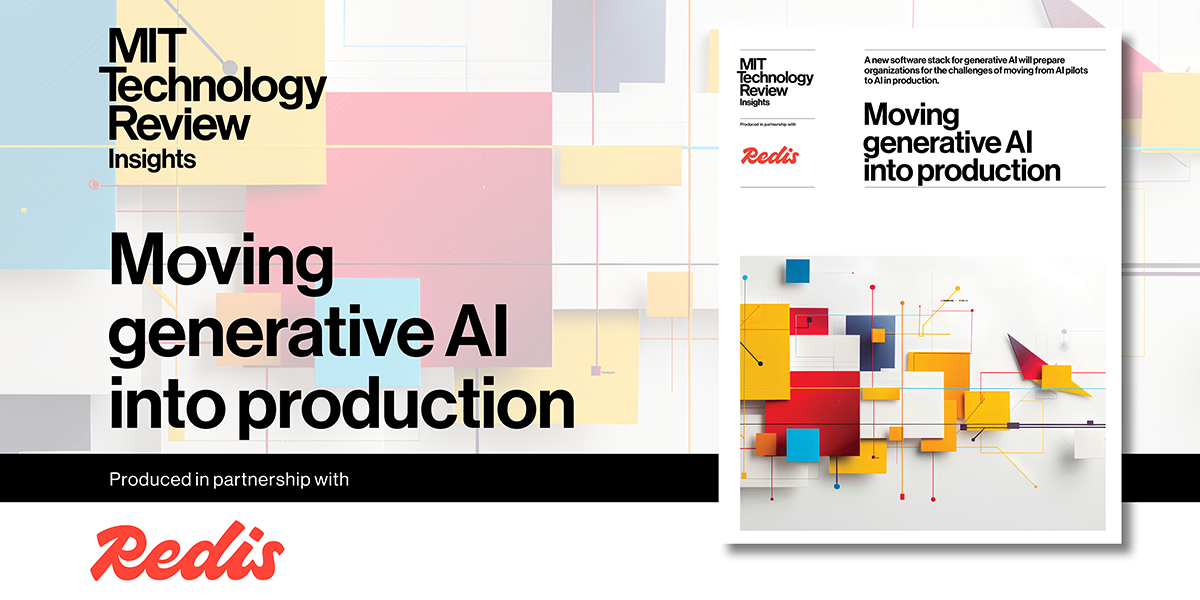
Yet, difficulty successfully deploying generative AI continues to hamper progress. Companies know that generative AI could transform their businesses—and that failing to adopt will leave them behind—but they are faced with hurdles during implementation. This leaves two-thirds of business leaders dissatisfied with progress on their AI deployments. And while, in Q3 2023, 79% of companies said they planned to deploy generative AI projects in the next year, only 5% reported having use cases in production in May 2024.

“We’re just at the beginning of figuring out how to productize AI deployment and make it cost effective,” says Rowan Trollope, CEO of Redis, a maker of real-time data platforms and AI accelerators. “The cost and complexity of implementing these systems is not straightforward.”
Estimates of the eventual GDP impact of generative AI range from just under $1 trillion to a staggering $4.4 trillion annually, with projected productivity impacts comparable to those of the Internet, robotic automation, and the steam engine. Yet, while the promise of accelerated revenue growth and cost reductions remains, the path to get to these goals is complex and often costly. Companies need to find ways to efficiently build and deploy AI projects with well-understood components at scale, says Trollope.
Download the full report.
This content was produced by Insights, the custom content arm of MIT Technology Review. It was not written by MIT Technology Review’s editorial staff.
#Moving #generative #production














